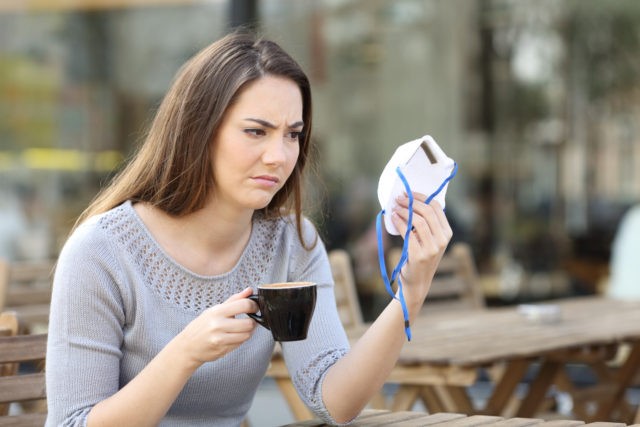Consumer sentiment unexpectedly declined in the first half of July as state and local governments retreated from reopening plans and infections surged in many areas across the country.
The University of Michigan’s Index of Consumer Sentiment slumped to 73.2 in July’s preliminary reading from 78 at the end of June. Economists had forecast a slight gain to 79.
“The promising gain recorded in June was reversed,” said the survey’s chief economist, Richard Curtin.
The surprise drop in consumer sentiment is the latest demonstration of how unpredictable and uneven economic data has become in the wake of the coronavirus pandemic, shutdowns, and unprecedented aid from the government to support businesses and households. Jobless claims have remained at extremely elevated levels and unemployment near multi-decade highs while household incomes and spending have held up. The stock market has been on a wild tear upward, housing market is reviving and regional surveys of manufacturers have shown strength.
“Unfortunately, declines are more likely in the months ahead as the coronavirus spreads and causes continued economic harm, social disruptions, and permanent scarring,” Cutin said.
Both the index components—which measure current conditions and expectations for the future—sank in July. The expectations component crashed 8.4 percent and is 26.9 percent below the year ago level. Consumers’ assessments of current conditions fell 3.3 percent and are 23.9 percent below last year’s score.
Lawmakers and the Trump administration have been deliberating about what to include in the next round of coronavirus aid. The Trump administration has said it favors a new round of coronavirus impact payments to taxpayers. It is not clear what will happen with the federal government’s $600 per week boost to state unemployment benefits, which are set to expire at the end of the month. There is also discussion of extending the Paycheck Protection Program or expanding its reach to help more businesses.
“Another aggressive fiscal response is urgently needed that focuses on financial relief for households as well as state and local governments,” Curtin said. “Unfortunately, there is little time left on the political calendar for Congress to act as the election season is about to begin in earnest. Without action, another plunge in confidence and a longer recession is likely to occur.”

COMMENTS
Please let us know if you're having issues with commenting.